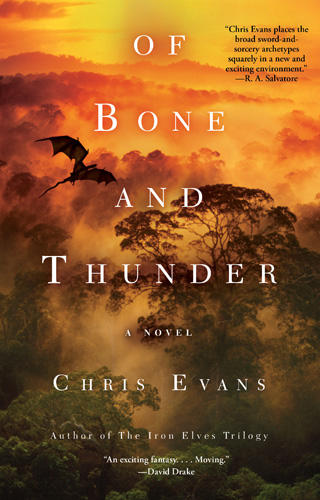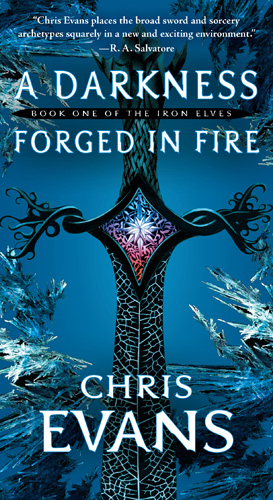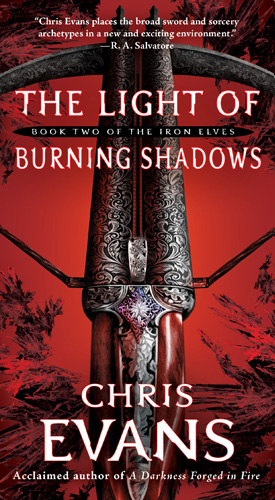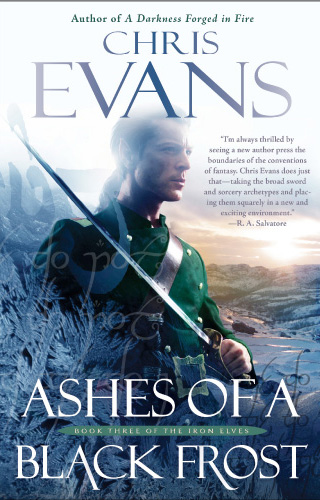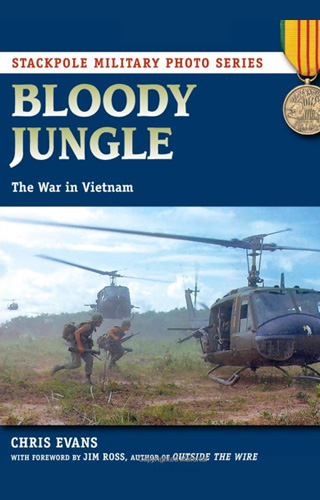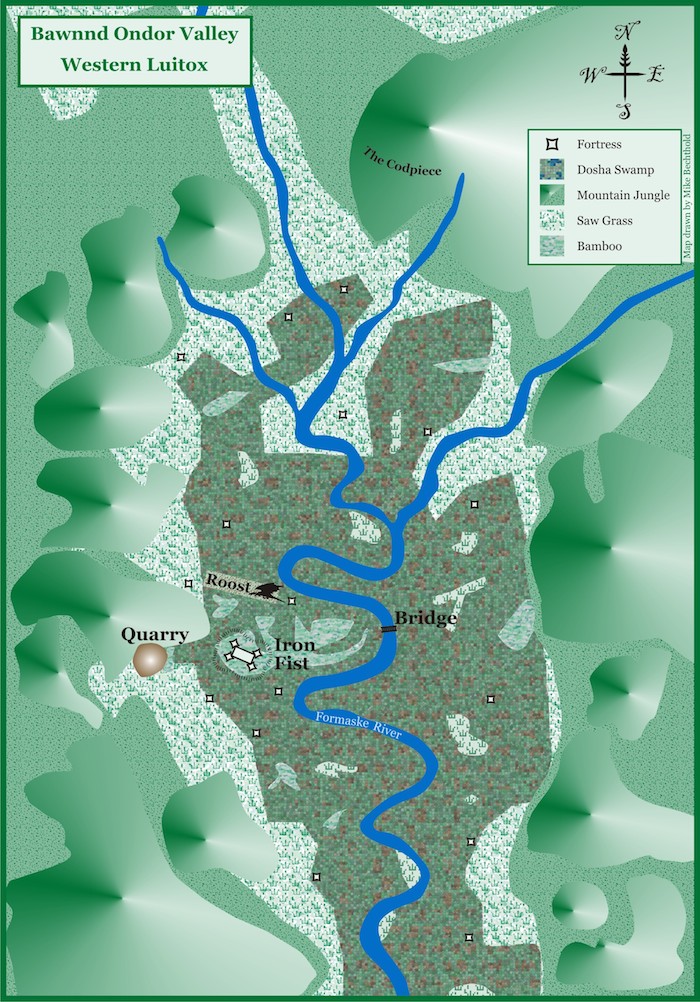I’m always intrigued when a writer talks about their craft. Perhaps even more interesting, however, is when they discuss their regimen. All the skill and talent in the world is so much mist in the wind without the drive and sheer-bloody-mindedness to sit your butt down in front of the computer or note pad day after week after month after year. John Grisham, in a CNN interview, describes how he started writing here . I’ve copied the most pertinent part further down. As for myself, (and when I am in my routine) I usually get up around 6am, scroll through the news on the web, go for a run, shower, breakfast then write for an hour or so before clocking into work around 8:30 – 9:00. What about you?
Excerpt from the Grisham interview:
When he first started writing, Grisham says, he had “these little rituals that were silly and brutal but very important.”
“The alarm clock would go off at 5, and I’d jump in the shower. My office was 5 minutes away. And I had to be at my desk, at my office, with the first cup of coffee, a legal pad and write the first word at 5:30, five days a week.”
His goal: to write a page every day. Sometimes that would take 10 minutes, sometimes an hour; ofttimes he would write for two hours before he had to turn to his job as a lawyer, which he never especially enjoyed. In the Mississippi Legislature, there were “enormous amounts of wasted time” that would give him the opportunity to write.
“So I was very disciplined about it,” he says, then quickly concedes he doesn’t have such discipline now: “I don’t have to.”

